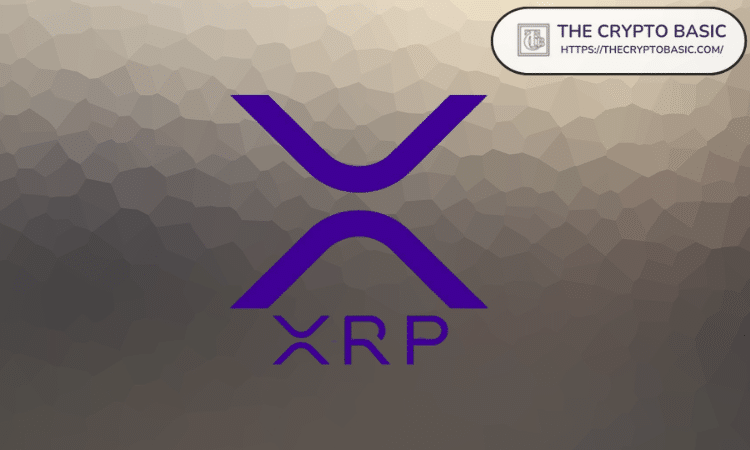Payment delays affecting the Bank of England (BoE) has sparked calls for the adoption of XRP in traditional payment systems.
The Bank of England recently experienced delays in high-value, time-sensitive payments due to a “global payments issue.” The issue caused disruptions to payments made through the UK’s CHAPS interbank payment system.
Notably, the central bank assured that delayed payments would be resolved before the end of the day. Meanwhile, the crypto community has quickly responded, suggesting that XRP could have helped mitigate chances of the predicament.
Crypto Community Advocates XRP
King Solomon, CEO of Generation Infinity, highlighted the potential of XRP during this disruption. He suggested turning on the XRP faucet to resolve the issue.
Turn on the $XRP faucet already https://t.co/INhsY6NdjA
— King Solomon (@IOV_OWL) July 18, 2024
When another user mentioned that the problem was already fixed, Solomon humorously implied that the fix might have involved purchasing XRP from the Fed.
It is important to note that the issue reportedly originated from a problem with the global Society for Worldwide Interbank Financial Telecommunication (SWIFT) service, though it didn’t impact other nations’ financial infrastructure. This incident renewed discussions about the efficiency of traditional banking systems compared to blockchain solutions like XRP.
XRP vs. Other Systems
Data from the XRP Ledger website reveals significant advantages of XRP over traditional systems and other cryptocurrencies like Bitcoin. Remarkably, XRP settles transactions in 3-5 seconds, while Bitcoin takes around 500 seconds.

Transaction costs are also lower with XRP at $0.0002 compared to Bitcoin’s $0.50. XRP’s scalability allows for 1,500 transactions per second, whereas Bitcoin handles only 3. Additionally, XRP is more environmentally sustainable, consuming negligible energy compared to Bitcoin’s 0.3% of global energy.
The XRP Ledger (XRPL) outperforms Bitcoin, Ethereum, and Cardano in major blockchain metrics, particularly speed, cost, and scalability. XRPL transactions average 3.6 seconds, significantly faster than Bitcoin’s transaction time, which can range from minutes to an hour. Ethereum processes transactions in 15 seconds to five minutes, still slower than XRPL.
Uphold and FedNow’s XRP Integration
Notably, Uphold’s support for XRP transactions via FedNow proves the growing acceptance and integration of cryptocurrency in traditional banking. This development allows users to convert their XRP holdings to USD swiftly and securely, leveraging the efficiency of the FedNow system.
As more financial institutions acknowledge XRP’s significant advantages, its adoption in everyday transactions is likely to increase, paving the way for broader acceptance and utilization of digital currencies in mainstream finance. Regulatory clarity could also play a role in this adoption.
DisClamier: This content is informational and should not be considered financial advice. The views expressed in this article may include the author's personal opinions and do not reflect The Crypto Basic opinion. Readers are encouraged to do thorough research before making any investment decisions. The Crypto Basic is not responsible for any financial losses.



